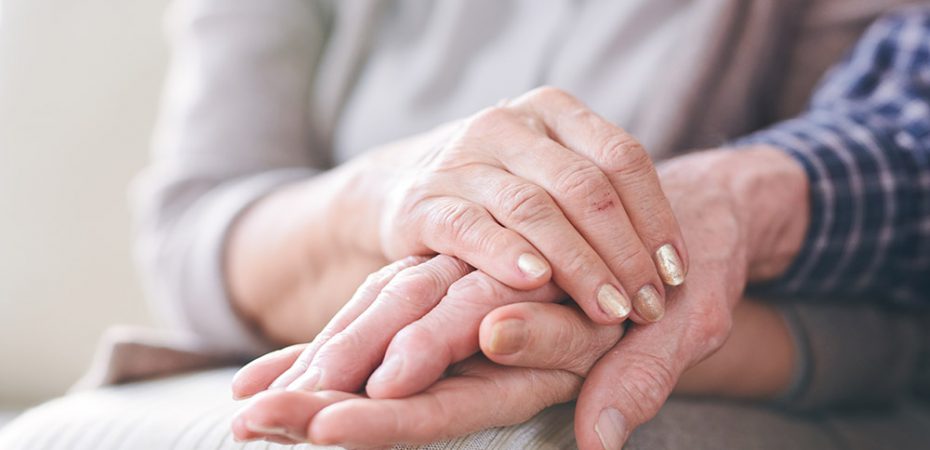A Wake-Up Call from God
Advent serves as a reminder to put Christ above all else
Susan Kehoe Comments Off on A Wake-Up Call from God
 Sitting in the waiting room of the Mayo Clinic in July caused me to reflect on the virtue of hope. I was there with my husband, who was referred to Mayo by his neurologist after a stroke, because the condition that caused the stroke is not widely understood.
Sitting in the waiting room of the Mayo Clinic in July caused me to reflect on the virtue of hope. I was there with my husband, who was referred to Mayo by his neurologist after a stroke, because the condition that caused the stroke is not widely understood.
It is a large waiting room, and it was filled with people from different countries and different walks of life. What first struck me was that, despite the long wait to see a doctor, no one seemed impatient. Everyone appeared calm, including me, and I am not exactly known for being patient. We were patient because we had hope — hope that answers would be given at last and treatment offered.
The theological virtue of hope, however, is not a synonym for optimism.
The Catechism of the Catholic Church says, “Hope is the theological virtue by which we desire the kingdom of heaven and eternal life as our happiness, placing our trust in Christ’s promises and relying not on our own strength, but on the help of the grace of the Holy Spirit” (No. 1817).
Hope, therefore, is to trust in God completely. Hope is the grace that gives us the strength to accept difficulties — even if the situation is dire. Christian hope is possible because we know that our life in this world is temporary. We are pilgrims, and our true home is heaven. It is because of Jesus that we can have hope. In his Letter to the Romans, St. Paul tells us: “For in hope we were saved. Now hope that sees for itself is not hope. For who hopes for what one sees? But if we hope for what we do not see, we wait with endurance” (Rom 8:24-25).
Faith is a gift from God, but accepting the gift is also an act of the human will. I came across online testimonies from survivors of the Nazi concentration camps that were part of an exhibition outside the gates of Auschwitz. Some had lost their faith because of the atrocities they saw and experienced. But for many, their faith was strengthened. One story really spoke to me. Rabbi Nissan Mangel told of a man who could not accept that a compassionate God could allow such evil. But Rabbi Mangel came to a much different understanding: “My father taught me that fire makes things hard, or it can make them melt. My emunah (faith) became stronger that day.”
Rabbi Mangel did not waiver. He did not melt in the face of evil.
This past summer, God shook me awake. While I did not lose my faith, I became very frightened when my husband had his stroke. I didn’t melt. I may have thawed a bit. But I kept hearing Pope St. John Paul II telling us to “be not afraid.” Perfect love casts out fear (cf. 1 Jn 4:18).
Love is the greatest theological virtue. The call to holiness is a call to love God and our neighbor. But in order to truly love our neighbor, we have to love God above all else. It is only in loving God with all of our being that we are able to love others.
In deacon formation, in which wives participated, we constantly were told to put God first then family. But I now know that I really didn’t think about what that means.
Larry’s stroke was an Advent-like wake up call from God. I came to realize that I wasn’t really putting God front and center. To my shock, I had made an idol of my fierce love for my husband. That is why I was so afraid. Fear held me back from trusting in God’s plan.
Advent is a time to remember that we are a pilgrim people waiting in joyful hope for the second coming of Jesus Christ. Lord, prepare our hearts!
SUSAN KEHOE is co-director of RCIA at Christ the King Parish in Des Moines, Iowa, along with her husband, Deacon Larry Kehoe. She writes at adeaconswife.com





